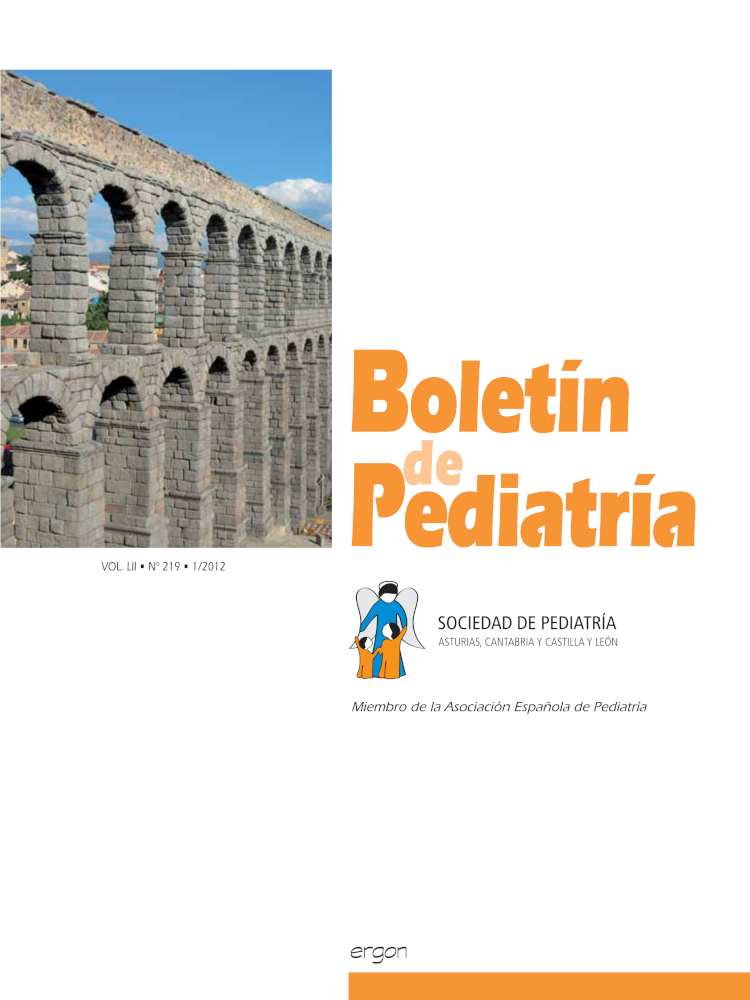Abstract
Introduction. Stevens-Johnson syndrome is an idiosyncratic mucocutaneous reaction caused mainly due to drugs and certain infectious agents. Sometimes, as the two cases described here, it is presented by minimal cutaneous manifestations mainly mucosal involvement, in the form of blisters, erosions and crusts.
Clinical case 1. Eight years male having aphthous, vesiculobullous and crusted lesions in lips, oral and endonasal mucosa, bilateral periorbital violaceous erythema, conjunctival hyperemia and keratitis. Two days before the lesions described above, he associates fever and crusted lesions on the penis and anal margin. A similar picture was presented a month earlier, when he took cotrimoxazole and ibuprofen, as well as he does in this episode.
Case report 2. Nine years male with thrush in the oral mucosa, cracked and crusty lips, conjunctivitis, a vesicular lesion on the penis and two small vesicular lesions on both arms. He has also fever and an herpes reactivation lesions in cheek. He had been on treatment with azithromycin and amoxicillin-clavulanate for respiratory infections. Further studies showed a slight increase in C-reactive protein in both cases and an immunoglobulin M positive for Mycoplasma pneumoniae in case 2. Evolution has been satisfactory in both cases after treatment with intravenous fluids, rinses, and topical antibiotics.
Conclusions. Stevens-Johnson syndrome is a condition to be considered in the differential diagnosis of vesiculobullous diseases of the oral, anal, genital and conjuntival mucosa that may occur without its characteristic skin involvement.

This work is licensed under a Creative Commons Attribution-NonCommercial 4.0 International License.
Copyright (c) 2012 Boletín de Pediatría
